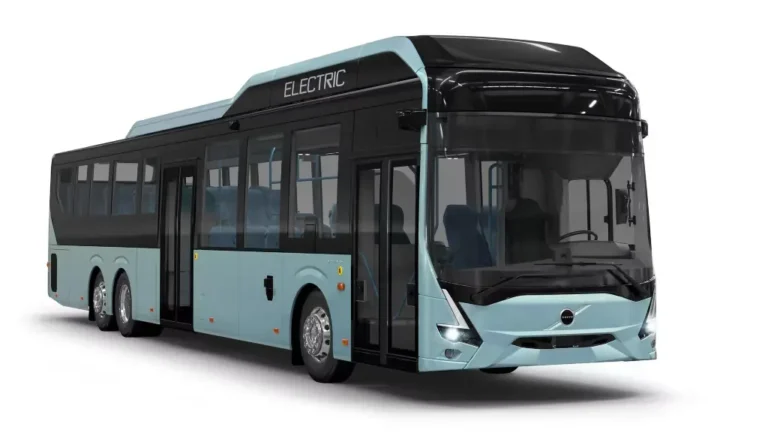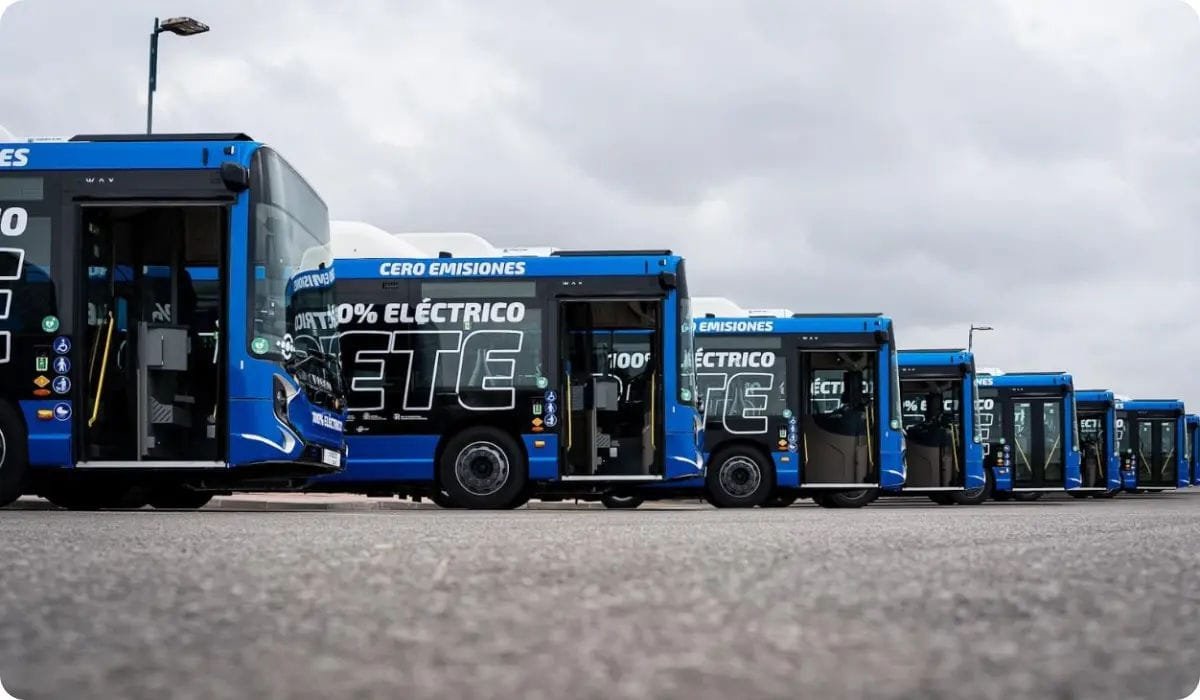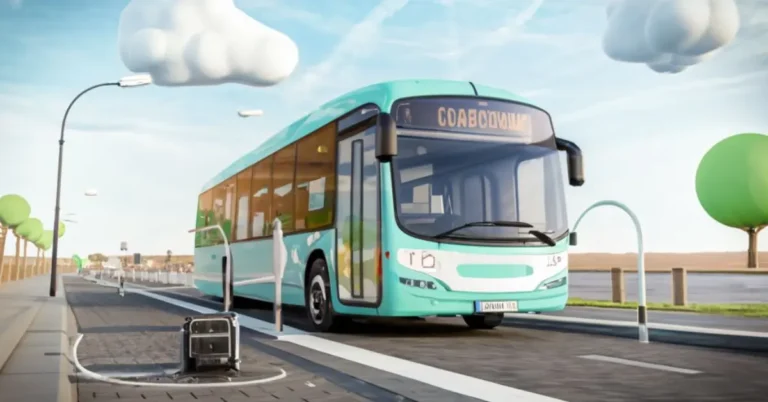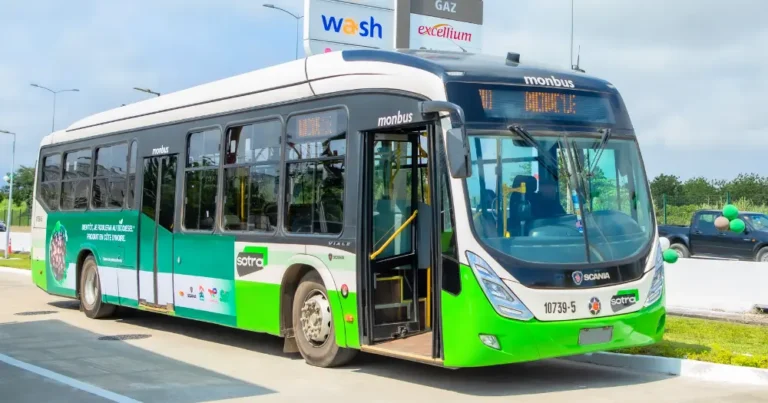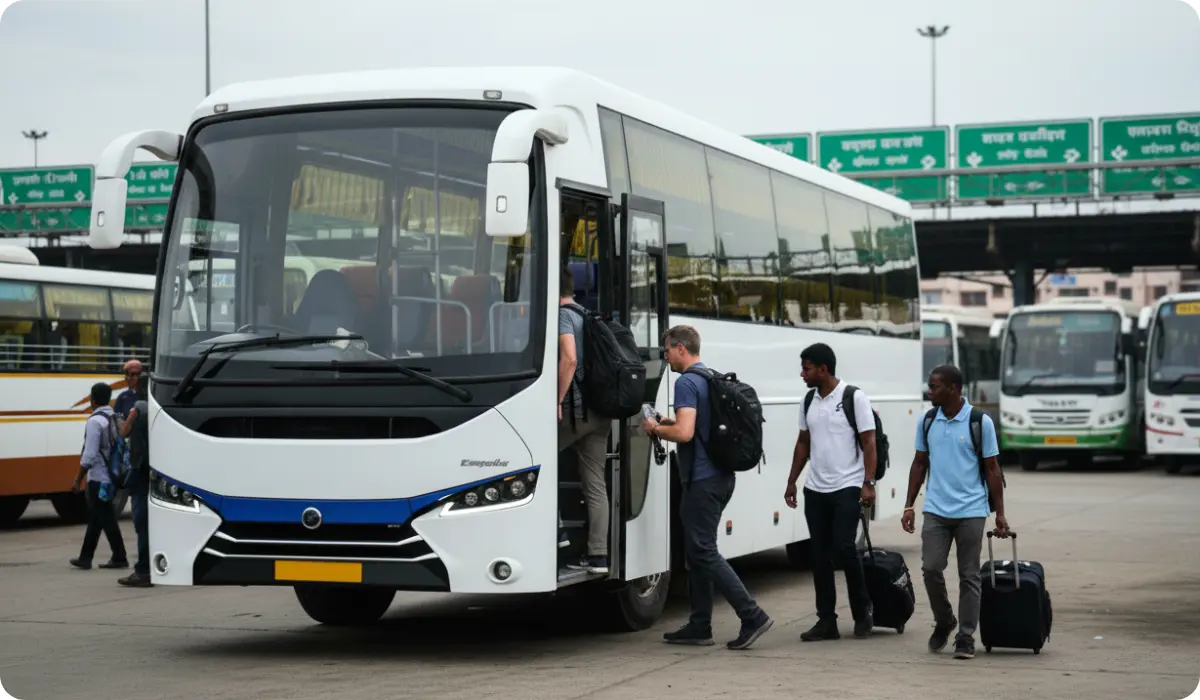PM-eBus Sewa Payment Security Mechanism Scheme Approved For 38,000 electric buses by 2029
The Union Cabinet has approved the “PM-eBus Sewa-Payment Security Mechanism (PSM) scheme,” allocating Rs. 3,435.33 crore for the deployment of over 38,000 electric buses by 2029. This initiative will facilitate the procurement and operation of e-buses for Public Transport Authorities.
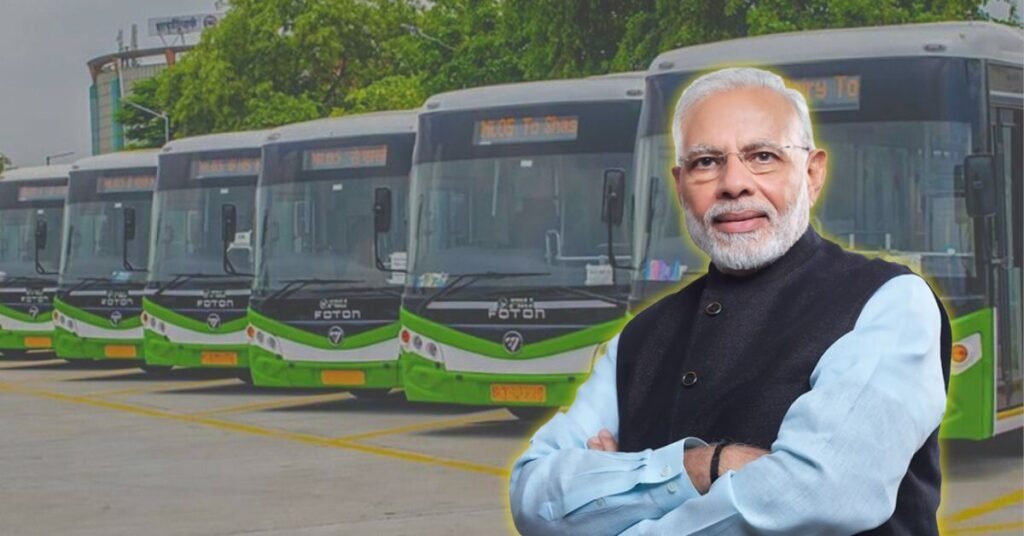
New Delhi, September 11, 2024: In a landmark decision, the Union Cabinet, chaired by Prime Minister Shri Narendra Modi, has approved the ambitious “PM-eBus Sewa-Payment Security Mechanism (PSM) scheme” aimed at revolutionizing public transport across India.
The scheme will simplify the procurement and operation of electric buses for Public Transport Authorities (PTAs)
With an allocated outlay of Rs. 3,435.33 crores, this scheme will facilitate the procurement and operation of over 38,000 electric buses from the fiscal year 2024-25 to the fiscal year 2028-29.
The new PM-eBus Sewa (PSM) Scheme is designed to support the deployment and operation of e-buses for up to 12 years from their date of deployment.
This initiative addresses a critical need for cleaner, more sustainable public transport solutions, as the majority of buses currently operated by Public Transport Authorities (PTAs) rely on diesel or CNG, contributing to significant environmental pollution.
The Union Cabinet has also approved the “PM Electric Drive Revolution in Innovative Vehicle Enhancement (PM E-DRIVE) Scheme,” proposed by the Ministry of Heavy Industries (MHI), to advance electric mobility across India. This scheme allocates Rs. 4,391 crore for the acquisition of 14,028 electric buses by State Transport Undertakings (STUs) and public transport agencies.
Electric buses, known for their eco-friendly attributes and lower operational costs, present a viable alternative. However, the high upfront costs and lower revenue realization from operations have been significant barriers to their adoption.
To mitigate these challenges, the PM-eBus Sewa scheme introduces a Public Private Partnership (PPP) model using the Gross Cost Contract (GCC) approach. This model allows PTAs to procure and operate e-buses without bearing the initial capital expense.
Instead, Original Equipment Manufacturers (OEMs) and operators will provide and manage the e-buses, receiving monthly payments from the PTAs.
#Cabinet approves PM-eBus Sewa-Payment Security Mechanism (PSM) scheme for procurement and operation of e-buses by Public Transport Authorities
— PIB India (@PIB_India) September 11, 2024
Roll out of over 38,000 e-buses with outlay of over Rs.3,435 crore
Made in India e-buses Sewa Payment Security Mechanism – a major… pic.twitter.com/FsUOaX5tAM
PM-eBus Sewa-Payment Security Mechanism
One of the primary concerns with this model has been the potential for payment defaults by PTAs. To address this issue, the scheme establishes a dedicated fund to ensure timely payments to OEMs and operators.
In cases where PTAs default on payments, the implementing agency, Convergence Energy Services Limited (CESL), will cover the costs from the scheme’s funds, which will later be recouped from the PTAs or respective State/UT governments.
This strategic initiative aims to enhance the adoption of e-buses by encouraging private sector participation, ultimately leading to a substantial reduction in greenhouse gas emissions and a decrease in fossil fuel consumption.
The PM-eBus Sewa scheme is set to benefit all Public Transport Authorities across States and Union Territories that choose to participate, marking a significant step towards a greener and more sustainable future for India’s public transportation system.
By supporting the transition to electric buses, the scheme not only promotes environmental sustainability but also offers a practical solution to the financial challenges faced by PTAs, paving the way for a cleaner and more efficient public transport network.
Catch the latest Bus Industry updates, Exclusive Interviews, Bus News, and International Bus News on Coach Builders India. Download the latest issue of the The Bus Insider magazine for more insights.

